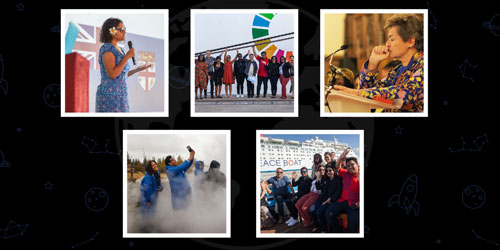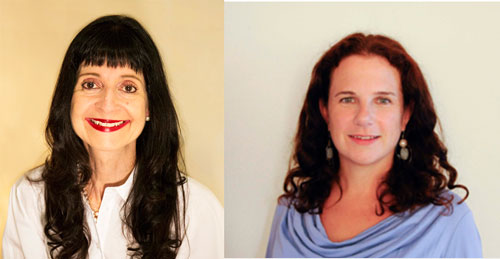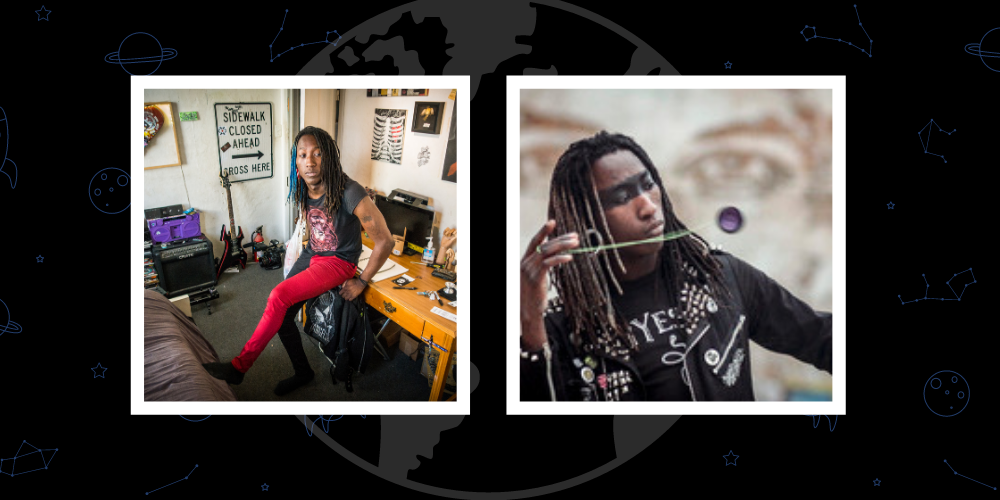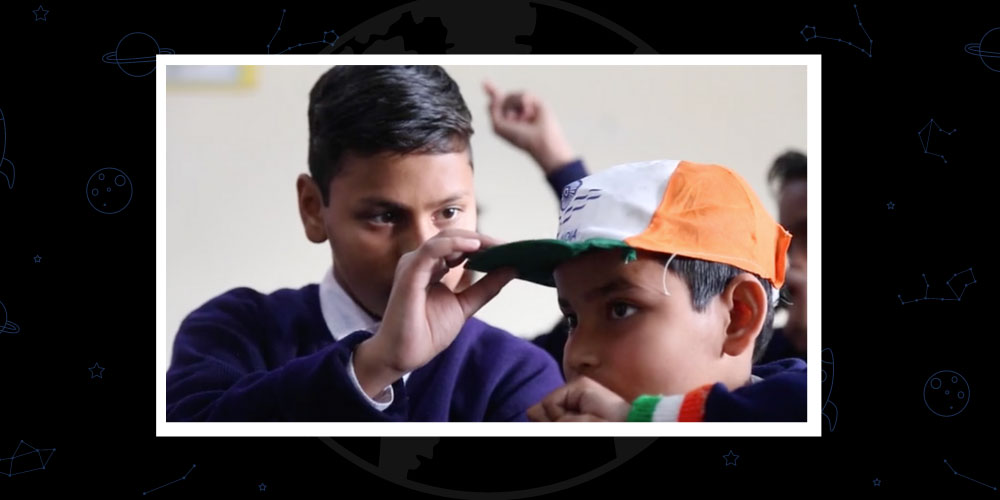本月在Planet Classroom Network YouTube频道上, 观众可以放映路易斯·巴雷托(Luis Barreto)的电影, 和平船. 该纪录片的特色是青年激进主义者周游世界, warning governments and civilians of the ravages of climate change and nuclear waste. The activists visit Lisbon, 波尔多, 伦敦, 爱丁堡, 雷克雅未克和纽约. 这部电影以个人风格达到高潮, 流离失所的团队成员发表的令人痛心的讲话, as she reveals how the horrible destruction of our planet has left her homeless.
Karen Hallows is responsible for the Ocean and Climate Youth Ambassador Program that the film is about. Her organization, 和平船, commissioned Director Luis Barreto to make the film to share the stories of the youth with a wider audience.
全球搜索教育 is pleased to welcome Karen Hallows.
There is no denying the devastating impacts climate change continues to have. How can vulnerable and at-risk regions of the world benefit from global efforts towards building conscientious and sustainable societies?
When it comes to the climate crisis, for the most vulnerable and at-risk regions, it really is a question of survival. Countries in North America or Europe, 例如, are big polluters and emitters of greenhouse gases while communities in Small Island Developing States have traditionally had much more sustainable societies. But it is these small islands that are on the frontline of the climate crisis. Without a global shift to building sustainable societies, and if we fail to prevent the planet warming above 1.5C, small islands such as Kiribati and the Marshall Islands in the Pacific, or the Maldives in the Indian Ocean will literally disappear from the map. Whole communities that have been on that land for generations will be forced to migrate, potentially losing their heritage, livelihood and land. It literally is “1.5 to stay alive”.
This project has reached countless amounts of people across several countries to discuss controversial topics such as climate change, nuclear weapons and waste, ocean pollution and the ultimate survival of vulnerable islands. During the travels of the Peace Boat, what has arguably been the most impactful tool that has incited openness and willingness to change?
Since Peace Boat was established in 1983, people to people exchange has been at the core of our educational programs and advocacy. We believe that empathy is a key tool for education. In the case of the Ocean and Climate Youth Ambassador Programme, it was very important for us to bring the stories of those on the frontline of the climate and ocean crises to a wider audience; for people to meet youth from those islands to learn about their lives, culture and traditions to understand what will be lost to the climate crisis with rising sea levels, typhoons and so on. Now we are all very connected and there is no shortage of information out there, but it’s very different if you hear about an issue, whether it’s climate change or nuclear weapons, first hand from someone you have met in person than if you hear it on the news or read about it in a newspaper or online.
您认为影片中观众的主要收获是什么? 您如何希望您的电影会有所作为?
We developed the Ocean and Climate Youth Ambassador Program for people to hear first hand from youth on the front lines of the ocean and climate crises. We made the film to bring that voice to a wider audience. I hope the main takeaway from the film is for those watching to understand what we stand to lose through these threats of climate change, ocean degradation or nuclear weapons, and why it is important to protect our planet and our home. Our hope is that by watching the film and understanding the situation better and connecting with the people featured in the film, people will want to take action themselves and join us in building a more sustainable and peaceful world.
ç. M. Rubin and Karen Hallows
(和平船, 现在在Planet Classroom Network YouTube频道上放映, is curated for the Planet Classroom Network by Kids First! 电影节。)







最新评论